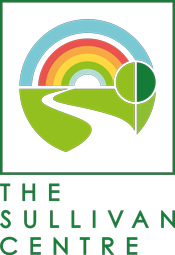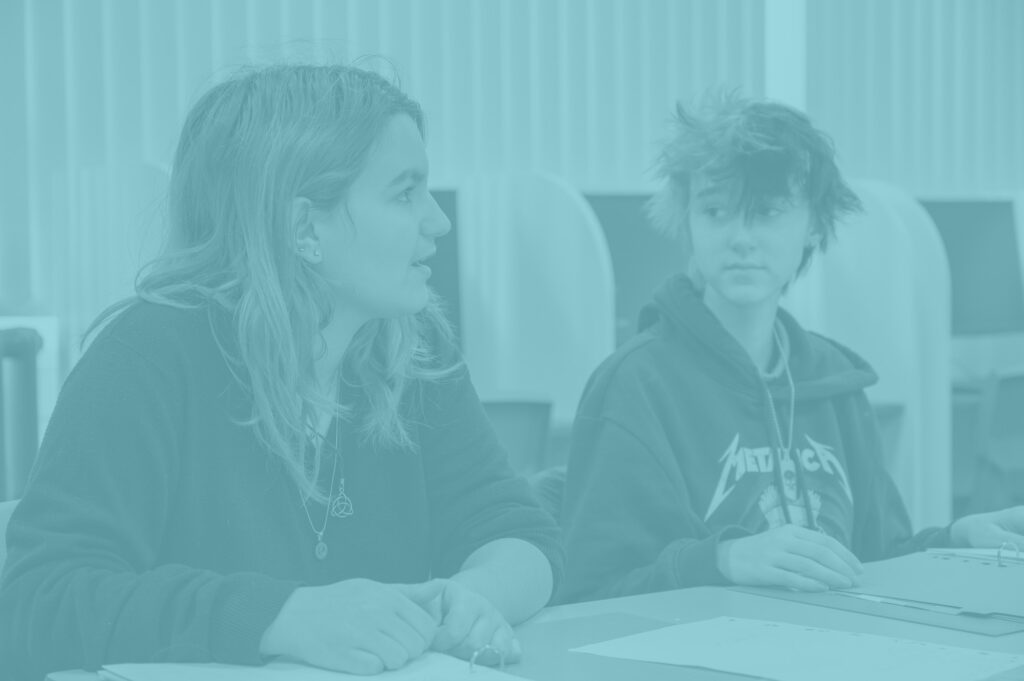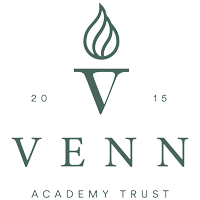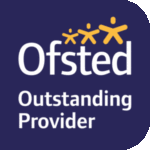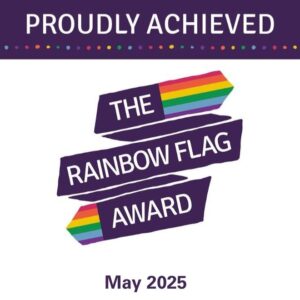
“The school is a calm learning environment where staff encourage pupils to be the best they can be.“

“Pupils’ starting points are assessed accurately. This enables teachers to plan highly engaging, motivating and personalised learning opportunities.“

“The vast majority of pupils become confident learners. Their developing ability to form extraordinarily strong relationships with staff and friendships with their peers is evident.”

“Staff receive highquality, regular training to enable them to meet the complex emotional and mental health needs of pupils.“

“Staff work extremely closely with external agencies and a range of medical professionals to ensure that each pupil receives the best advice and care possible.“

“Lessons are calm, ordered and purposeful. This encouraging learning environment has a positive impact on the engagement of pupils.“

“The enormously positive relationships that exist between pupils and staff are key to the success of the pupils.”

“Senior leaders’ exemplary work to enhance pupils’ emotional well-being and personal development is highly effective”

“The curriculum provides pupils with a wide range of opportunities that match the needs and interests of pupils extremely well.“

“Governors provide excellent support and challenge to senior leaders “

“Pupils use their knowledge and skills to apply their learning across the curriculum.”

“Extra curricular activities include horse-riding, rock climbing, swimming and cooking.“

“The school is exceptionally calm and ordered. Pupils behave very well in lessons and are enthusiastic learners.”

“Regular opportunities for pupils to work on their social and emotional skills are available. These include one-to-one sessions with specialist practitioners, enhanced life skills and practical social experiences.”

“There is a culture of mutual respect at the school that supports pupils in developing their confidence and optimism for learning.”

“Pupils have opportunities to gain a range of qualifications and accreditations, including English and mathematics at varying levels.“

“The school’s staff and the inclusion leader are exceptionally skilled in enabling pupils to manage their anxiety so that they can learn in a small classroom environment.”

“Pupils receive high-quality careers advice.“

“The school’s work to promote pupils’ personal development and welfare is outstanding.”

“Staff ensure that pupils who have an education, health and care (EHC) plan make strong progress towards achieving their objectives.“

“Leaders responsible for inclusion, pastoral care and welfare are inspirational in their dedication, knowledge and actions to support pupils’ emotional health and well-being.“

“The inclusion lead and other members of staff are available throughout the day to support pupils who are finding things difficult.”

“The curriculum strongly supports the spiritual, moral, social and cultural development of pupils, which is well embedded throughout the school.“

“Work in books is very well presented and neat. Strong progress can be seen.”

“Lessons in all subjects and in classes across the school are engaging and motivating.“

“Pupils enjoy all aspects of the curriculum and quickly go into their classes when they arrive at school.“

“Staff are successful in developing pupils’ independence.”

“Leaders have ensured that the curriculum includes a wide range of subjects for pupils to study.”

“Teaching, learning and assessment is outstanding. “

“Pupils are tremendously enthusiastic about learning. Where possible, they can speak at length about what they are learning and what they have already learned. “

“The head of school is highly ambitious and determined for all pupils to be the best that they can be.”

“Teachers and other staff are highly skilled in ensuring that individual pupils’ needs are met in lessons.“

“Staff provide a high level of emotional support when necessary while placing great importance on developing pupils’ independence skills.“

“The trust is extremely supportive and provides high levels of challenge and guidance to school leaders.“

“Pupils are enthusiastic learners who understand and appreciate the opportunities that the school is providing them with.“

“Leaders provide pupils with high levels of intervention and professional support, which helps them to overcome their complex mental health and medical needs.“

“Parents appreciate the communication and high levels of practical and emotional support the staff provide for them.“

“The promotion and encouragement of independent learning can be seen in all classes and throughout the school.“

“Behaviour during social times and in classrooms is outstanding.“

“Leaders provide a wide range of weekly enrichment activities for pupils.“

“Highly effective teaching and assessment systems and strategies are in place which consider specific pupils’ needs.“

“Pupils overcome anxieties and, as a result, they are able to access their learning where they can make strong and sustained progress.“

“School records show that bullying incidents rarely occur. Pupils and staff agreed with this view when asked.”

“Staff plan further bespoke activities for individual pupils who may need support on specific areas of socialising and other life skills.“

“Parents are overwhelmingly positive about the school and the difference it has made to their children.“

“Leaders take positive and immediate action should any issues arise to ensure the continuation of the very highquality learning that pupils receive.“

“The coordinator for pupils with special educational needs and/or disabilities has a high level of knowledge and understanding.“

“The trust uses the management structure of the school well to ensure that they are always informed and up to date with information about the school.“

“Leaders check the quality of teaching and learning regularly.“

“In lessons, pupils quickly become absorbed in the variety of activities that staff design for them.“

“Staff have very high expectations of themselves and their pupils.“

“Pupils are kind, caring and demonstrate mature levels of empathy to one another.“

“Staff prepare high-quality and bespoke lessons which they use effectively to stimulate pupils’ interest in learning.“

“Pupils display remarkable levels of empathy for others. They are highly sensitive and tremendously accepting of the needs of other pupils.”

“At break and lunchtimes, pupils move quietly and sensibly around school. They are occupied during these times by playing physical games with staff or chatting with each other.”

“Teachers and staff are extremely ambitious for their pupils. They are determined to equip them with skills that will contribute to a happy and fulfilled life. “
